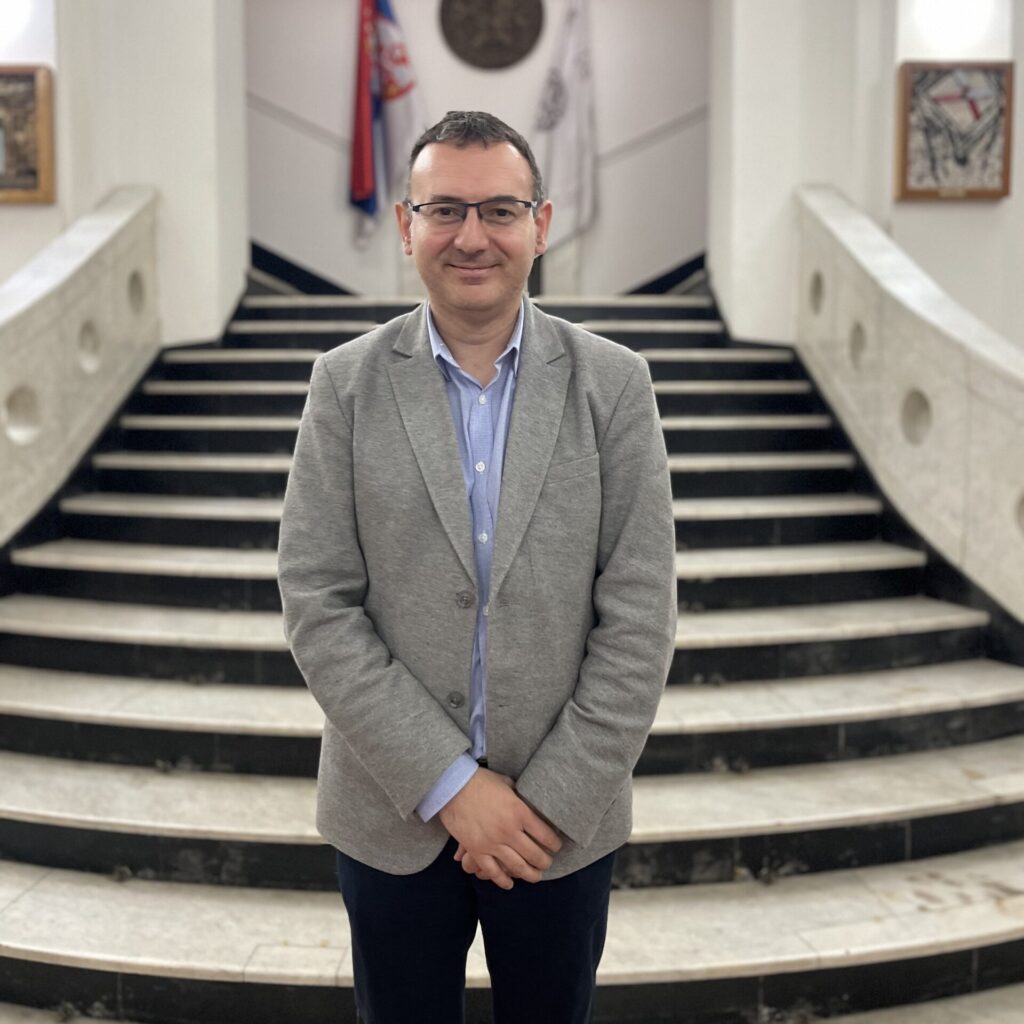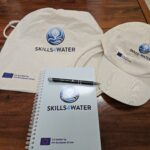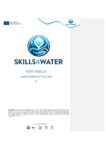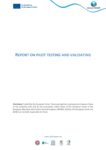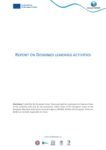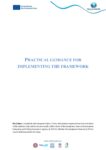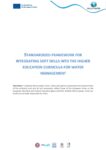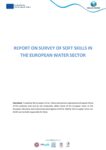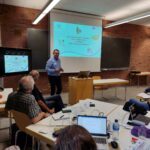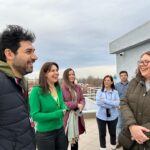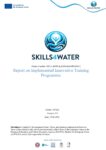Milan Gocić from Serbia is part of the 7th group of the European Junior Water Programme (EJWP). He is sharing his expertise and insights in hydrological hazards especially drought with Water News Europe. “My work is focused on applying various techniques to analyse drought and meteorological parameters.”
What is your current work position?
“My current position is a Full Professor at the University of Nis, Faculty of Civil Engineering and Architecture in the field of applying information technologies in civil engineering. My work is focused on applying various techniques to analyse drought and meteorological parameters.”
Can you describe one of your work days?
“My typical day is based on combination of managing and research activities in different projects and contributing to the academic community through teaching and mentoring. My work is focused on applying different techniques in analysing time series.”
What do you consider the most interesting part of your job?
“The most fascinating aspect of my job is the opportunity to interact with people from diverse backgrounds and joint effort to explore ideas, solve problems, and learn new things. Every conversation is a chance to delve into different topics, from science and technology to literature.”
What topic do you consider as increasingly important in the water sector?
“Climate change is one of the major challenges facing the water sector today, impacting various aspects of water management and quality. The effects of climate change, such as altered precipitation patterns, rising temperatures, and extreme weather events, can have significant consequences on water resources, biodiversity, and the efficiency of water treatment processes. Changes in precipitation patterns can lead to droughts or floods, affecting water availability and distribution. Because of that, studying hydrological hazards in a changing environment should be one of our priorities.”
What do you expect from international cooperation?
“For me, international cooperation is the opportunity to be engaged with professionals from diverse backgrounds and regions, gaining insights into different approaches and technologies. Collaborating with experts worldwide can lead to the development of innovative solutions and best practices that can be applied in various contexts. To be a part of the international scientific arena, gave me a chance to do research and build my capacity through different projects.”
Why are you joining EJWP?
“Some of my colleagues have participated in this programme and have had a good experience. The participation in EJWP can give me a valuable opportunity to enhance my skills, broaden my network and collaborate on interdisciplinary projects and research initiatives. Also, it could provide me with fresh perspectives and insights from professionals working in different areas related to water management and engineering.”
What and where did you study?
“I studied computer science at the University of Nis, Faculty of Electronic Engineering. I defended my PhD thesis focused on service-oriented architecture in the field of computer science at the University of Novi Sad, Faculty of Technical Science. After that I continued my studies through exchanging knowledge and best practices financed by Erasmus+ and CEEPUS mobility program for teaching staff at various universities such as Bialystok University of Technology (Poland), University of Architecture, Civil Engineering and Geodesy (Bulgaria), University of Natural Resources and Life Sciences, Vienna (Austria), Technical University of Crete (Greece), and Obuda University (Hungary).”


